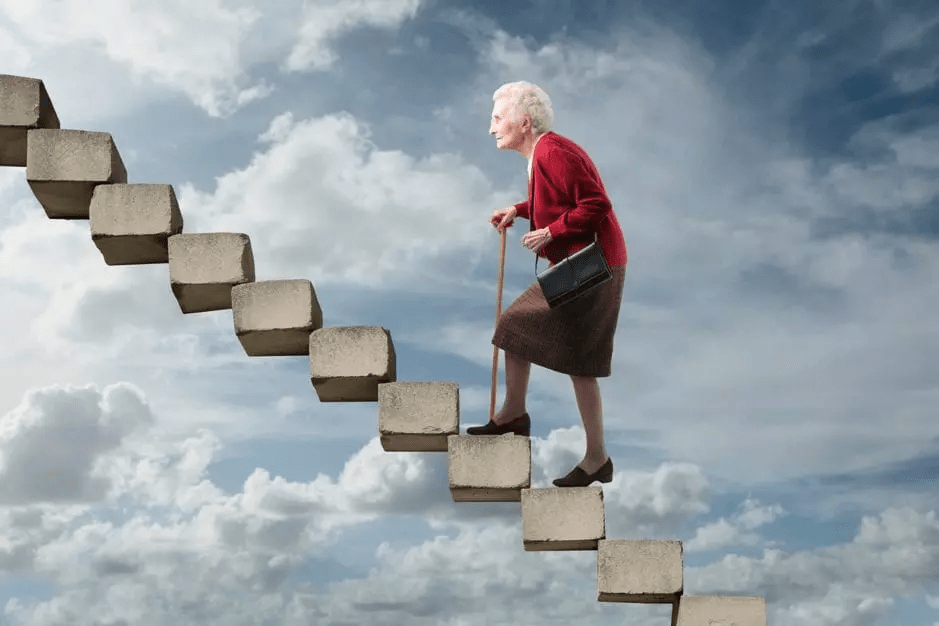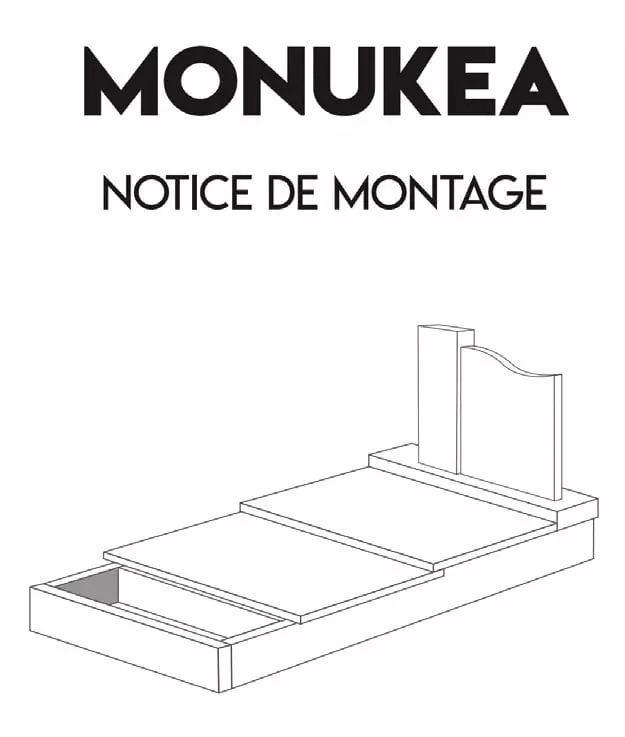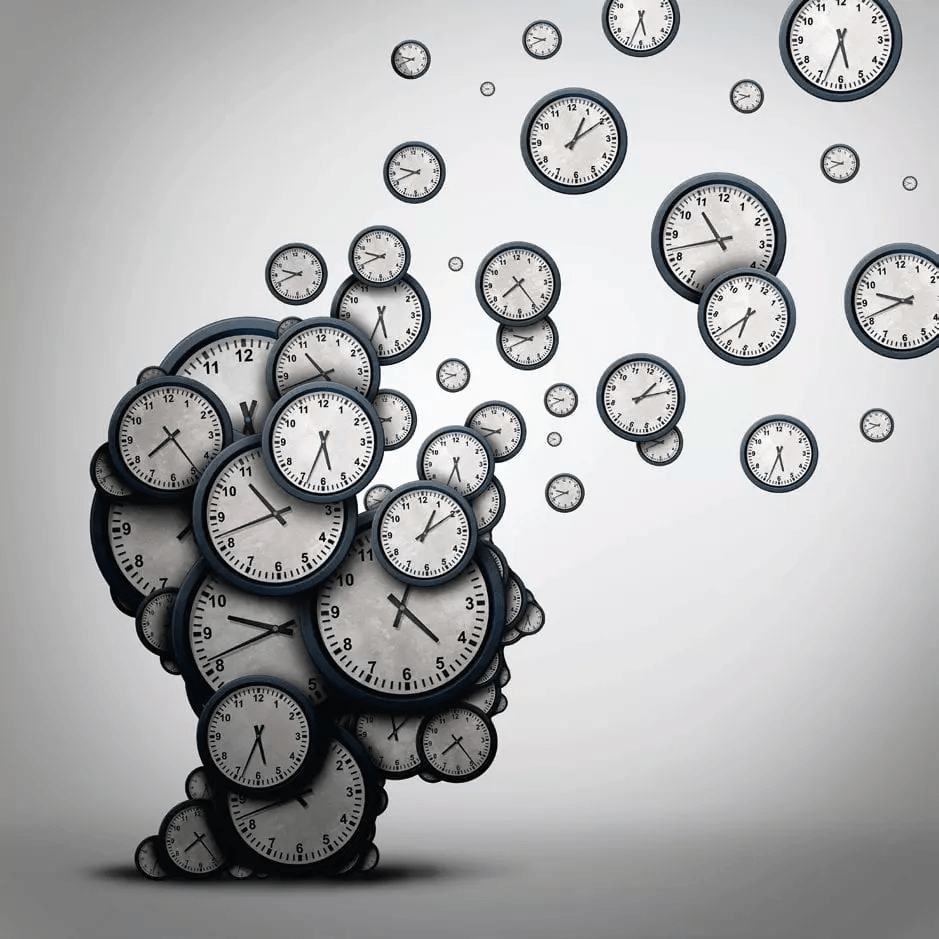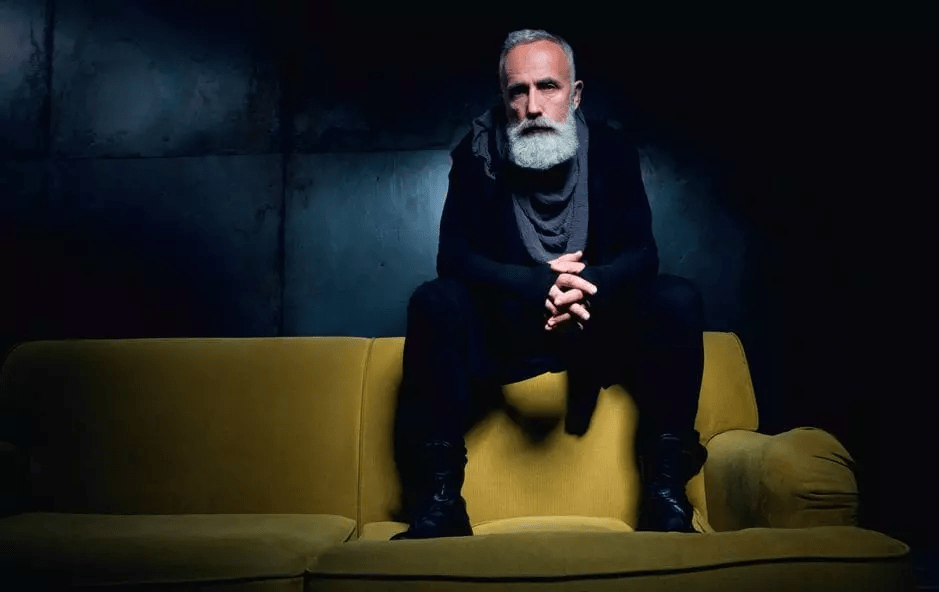Should we talk about the “death market” in terms of the Silver economy? No, if we consider it as an ecosystem of good ageing. Yes, if we open its field to the entire demographic transition. Especially since today death is more and more thought out and prepared during one’s lifetime…

The funeral market has been liberalized since 1993 and is now in full growth. There are more than 4 thousand funeral service providers in France, with a turnover of 2.5 billion euros (more than 19 billion euros in Japan). While 45% of the population chooses to organize their funerals in advance, “ante-mortem” service offers are developing more and more, beyond simple funeral contracts.
Did you receive an email from a wedding planner company after your 20th birthday? Get ready to receive ads from Death Planner for your 70th birthday! The trend is towards ecology, personalization and digitalization.
The Kost-Killers of Death
According to an IFOP study, for 53% of the French, price is the determining factor in the choice of a funeral monument. No wonder that low-cost offers are about to bloom on the graves: biodegradable, customizable and cheap cardboard coffins, low-cost service providers with all-inclusive packages, lines of do-it-yourself funeral monuments…
E-Death a step towards digital eternity
34% of French people are ready to order a funeral monument online. The digital afterlife is growing: digital safes, apps to record and tell stories to grandchildren even after death.

GrantWill, meanwhile, is positioning itself as the European leader in post-mortem transmission:
GrantWill is the guardian of your life, personal, administrative and digital data. Stay connected by sending personalized messages to your loved ones and enemies after your death or on special dates. Convey your important information, inform beneficiaries of your financial investments and manage the future of your entire digital identity.
GrantWill

Green death: is it possible to remain ecological even after your death?

Whether burial or cremation, the environmental consequences are important: massive use of wood for the construction of coffins (11 million healthy trees are cut down per year, meaning 30,000 m2 of forest), and non-biodegradable or polluting materials. Added to this is the “formalization” of bodies by funeral directors who use up to 10 liters of an aseptic and sterilizing product containing formaldehyde, methanol, phenol, glycol and eosin in order to slow down the decomposition process. With 614 thousand deaths in 2018, this represents 6 million liters that are buried each year, or more than 16 thousand liters per day… In terms of pollution, one burial is equivalent to 3.6 cremations on average. Cremation also has consequences in terms of CO2 emissions.
New practices are being studied throughout the world, none of which is currently authorized in France: aquamation (the body is immersed in sodium or potassium for rapid decomposition), promession (the body of the deceased is immersed in liquid nitrogen), umusation (which consists of transforming the body into compost).

Advance directive for the end of life
Any person of legal age may, if they wish, make a written statement called an advance directive to specify their wishes regarding the end of life. This document will help doctors, when the time comes, to make decisions about the care to be given, if the person can no longer express their wishes.
REFERENCES
- INSEE announces 770 thousand deaths in 2050. 614 thousand deaths were recorded in 2018 (+13% compared to 2000).
- 70% of people die in health facilities (Hospital and nursing homes), 24% of people die at home.
- 58% of French people say they do not know the appropriate formalities and procedures for organizing a funeral (IFOP).
- The distribution of funerals: 38% cremation – 62% burial.
Published by the Editorial Staff on
